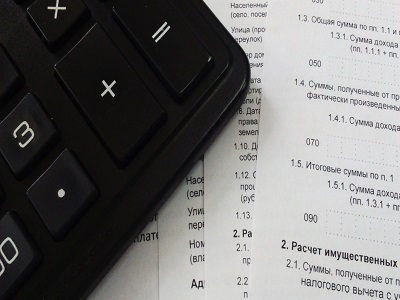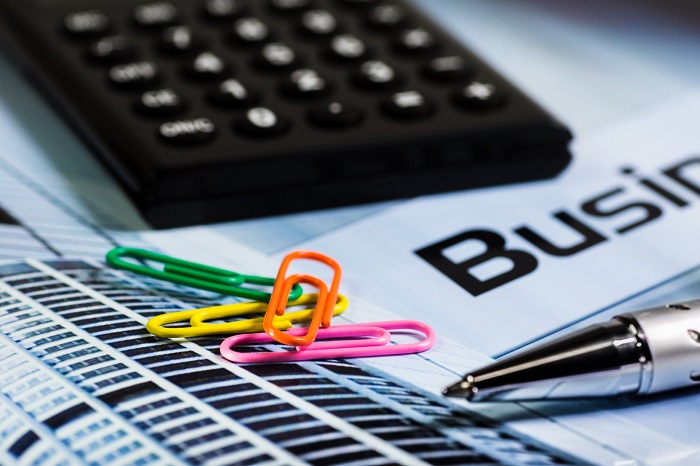Avoid Mistakes When Filing Corporate Tax in Singapore with These Tips
 When the corporate tax filing season kicks in, every company is always in a rush to comply, since non-compliance usually come with very undesirable consequences. In Singapore, all companies are required to file their returns for Year of Assessment by the 30th of November if they are filing by paper, and 15th of December if they are e-filing.
When the corporate tax filing season kicks in, every company is always in a rush to comply, since non-compliance usually come with very undesirable consequences. In Singapore, all companies are required to file their returns for Year of Assessment by the 30th of November if they are filing by paper, and 15th of December if they are e-filing.
This is applicable to every entity in the country, including those who have not done any business activity during that financial year, and for those who endured losses. To help you out in the process of filing corporate tax in Singapore, here are a few tips that will make your work easier and reduce your chances of making costly filing mistakes-:
Be careful with claims on renovation and refurbishment works
It is very common for firms to claim for tax deductions on renovation and refurbishment works, but it is sad to observe that most companies usually get it completely wrong. It is imperative to identify the qualifying renovation and refurbishment costs, and only those are the ones you should claim. The law allows you to claim for over three consecutive years of assessment, and the expenditure which you are claiming should not be more than $300,000.
Tax deductions on non-deductible expenses
You should be aware that private expenses are never exempted from taxes. Additionally, most of the expenses are never tax deductible in Singapore, unless in instances where your firm is required by law to pay for such expenses. Those you can always claim deductions on.
Avoid wrongful claims for Productivity and Innovation Credit Scheme
Your business may be eligible to claim for PIC tax deductions, but only after you have incurred qualifying expenditure. It is not automatic and before you make such claims, be sure that the qualifying equipment is on the Productivity and Innovation Credit Scheme as well as in the automation list.
Avoid incomplete or insufficient records
It is imperative for you to keep very clear records of your business if you don’t want to run into any troubles at the time of filing corporate tax in Singapore.
 Other than just preparing the records to make the process of filing for taxes easy, such records must also be kept for a period of five years from the year of assessment which they were used to determining the taxes.
Other than just preparing the records to make the process of filing for taxes easy, such records must also be kept for a period of five years from the year of assessment which they were used to determining the taxes.
Learn how to recognize income for tax
It is imperative to know all the kinds of income that will attract tax and you should also know about the right method of recognizing such incomes. For example, a construction firm should use the percentage of completion method when determining the taxable income. This is unlike tours and travel business where there may be no “pending projects” whose profits may have not been registered.
Disclosure of errors
Sometimes mistakes do occur when filing corporate tax in Singapore, and firms that make such mistakes are usually encouraged to disclose them as soon as they are realized. Voluntary disclosures may get zero or reduced penalties, but those who refuse to come forward on the mistakes made while filing past returns may face severe penalties of up to $5,000.





